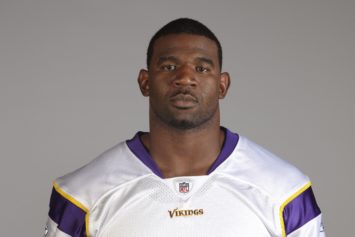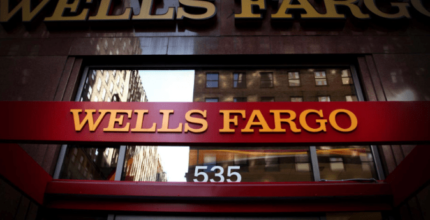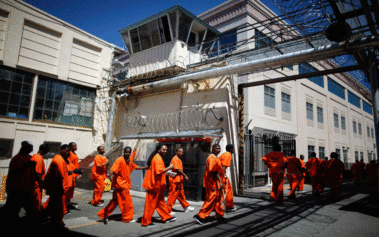JPMorgan Chase, the biggest bank in the United States, admitted to huge losses due to “egregious and self-inflicted mistakes” in trades, coming at a cost of $2 billion for the first quarter. The news came on Thursday as part of a regulatory filing from the bank. In a post bailout era of banking, the loss of billions by a government-insured bank adds more fuel to arguments for increased regulation on bank trading.
The bank’s chief investment office is responsible for executing trades in order to hedge its large credit risks, but without proper monitoring, the hole has been dug even deeper. The losses have been traced back to one of JPMorgan’s London offices, whose bad deals on credit derivatives had inflated the view of the market for them. The first stories of “The London Whale” had surfaced last month in the Wall Street Journal and Bloomberg, but the total losses were greater than anyone on Wall Street expected.
CEO Jaime Dimon has been one of the most outspoken detractors of new banking regulations, specifically of the “Volcker Rule” that would forbid government-insured banks from making large scale market bets with their own money. Such a reform would prevent the type of trades seen in London. In a press conference following JPMorgan’s filing, Dimon held a surprise conference call, during which he maintained his stance against new regulations.
Still, he could not ignore the irony of the situation “It plays right into the hands of a bunch of pundits out there,” Dimon said during the call. “It puts egg on our face, and we deserve any criticism we get.”
JPMorgan posted $1 billion in gains to offset the loss somewhat, and considering its quarterly profits, there’s no danger present. The question is whether or not banks that are too big to fail should be allowed to play roulette


